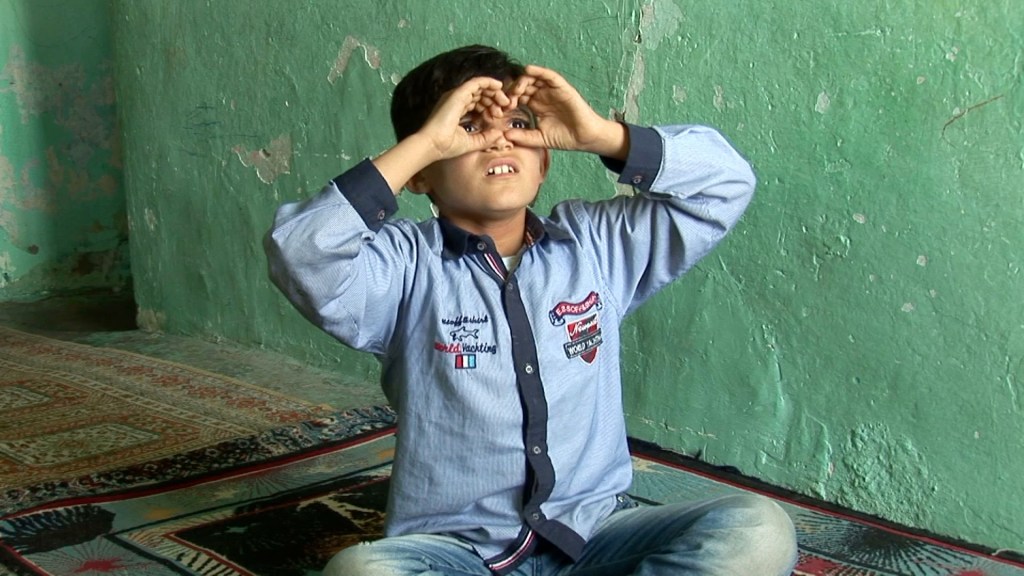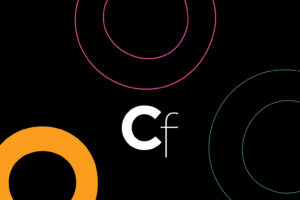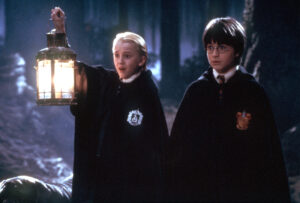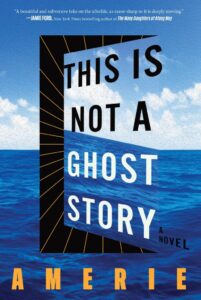What if Peacemakers Shaped the Future?


GRAZ, AUSTRIA — Yael Bartana created Two Minutes to Midnight (2021), a single-channel video and sound installation, in response to the first Trump presidency. The 47-minute film tracks five actors playing officials in an all-women government as they brainstorm with real-life experts from fields including journalism, international affairs, law, cultural studies, and psychology. A major, unnamed world power that campaigned on a platform of de-escalation and disarmament finds itself in an existential emergency. “Twittler” has just ordered nuclear warheads to be aimed at a key ally, and a decision has to be made quickly. There are a mere two minutes left on the “Doomsday Clock” to reject the “madman” strategy of provocation.
The feminist critique foregrounded in the group show Poetics of Power, currently on view at Kunsthaus Graz, continues with Anna Zvyagintseva’s sculpture “The Cage” (2010). The work recreates the courtroom hold in autocratic countries in which defendants are inhumanely forced to be on display during trial, like zoo animals. Zvyagintseva’s cage, however, is made of textile; without its hidden metal armature, it would cave in on itself, an apt metaphor for the inherent instability of oppressive regimes.
Suspended from the ceiling is Ala Savashevich’s “Sew on Your Own” (2022), a life-sized apron made of chainmail. Ordinarily an emblem of female domestic labor, the apron here speaks to the fact that the lion’s share of all the world’s cleaning, cooking, and child-rearing is work performed by women that generally goes unpaid in a self-perpetuating cycle of economic dependence on men. Here, the homemaker’s garment is transformed into an ironic symbol of autonomy and liberation that appropriates an artifact of medieval warfare and feminizes it, ruffles and all.


What unites many of the works in Poetics of Power is the quiet subversiveness of their approach and their deft deconstruction of the “dominant voice of militarized masculinity,” in the words of feminist scholar Carol Cohn, to reveal the human realities behind the surface story. In Erkan Özgen’s video “Wonderland” (2016), for example, a 13-year-old Deaf boy named Muhammed physically reenacts, through a vivid display of gestures and mime that borders on dance, the horrors he witnessed when his family was forced to flee northern Syria. We see him peering through binoculars and pointing to the horizon, using his teeth to rip the pin off a grenade and toss it aside. His wordless account raises questions about historiography, about whose stories are told and how. It’s as though he’d broken through spoken language’s blind spot to allow us, as viewers, to feel the pain viscerally, bear witness to all that he’s seen and felt — not in spite of his inability to vocalize his experience, but precisely because of it.
What would the world be like today if we met war with shame rather than glory? A political culture like the current US administration, which is made up largely of men with a background of documented sexual abuse, can be expected to embrace abuse on multiple levels: of the world’s natural resources, of vulnerable countries, of an increasingly precarious workforce. The works in Poetics of Power imagine a society opposed to economic, ideological, and cultural exploitation — in which our hero narratives are about consensus-builders, problem-solvers, and peacemakers.

Poetics of Power continues at Kunsthaus Graz (Lendkai 1, Graz, Austria) through May 25. The exhibition was curated by Andreja Hribernik and Nini Palavandishvili.




